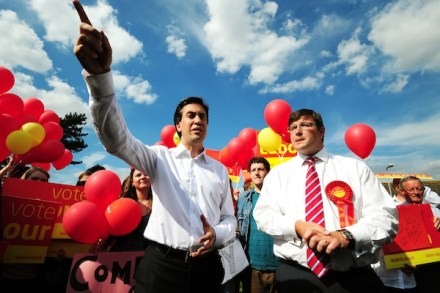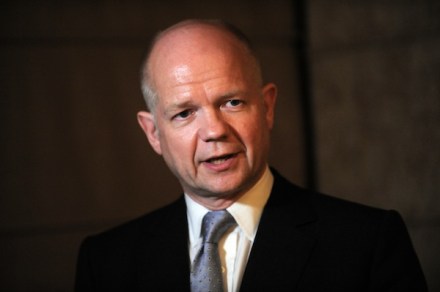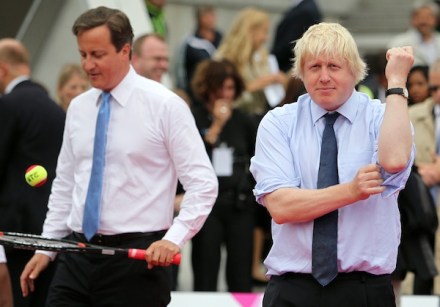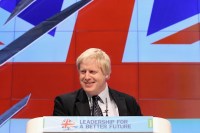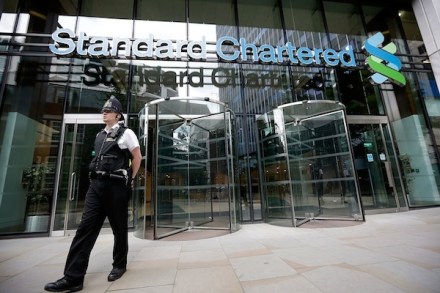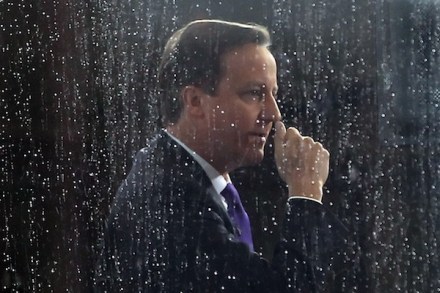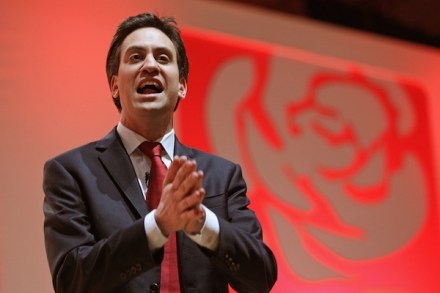Political games
Whilst everybody is enjoying the spectacle of the greatest Games on earth there is one group of people who are doing their level best to spoil it. If there was a gold medal for petty political nitpicking up there on the podium would be the anti-independence politicians and commentators. In rhetoric reminiscent of Labour claims that devolution would kill the SNP ‘stone dead’, time and again over the last two weeks we have heard claims the SNP are opposed to Team GB and that every medal marks a death blow to Scottish independence aspirations. They condemn the Scottish Government for wishing our Scottish athletes well. They then criticise us when



